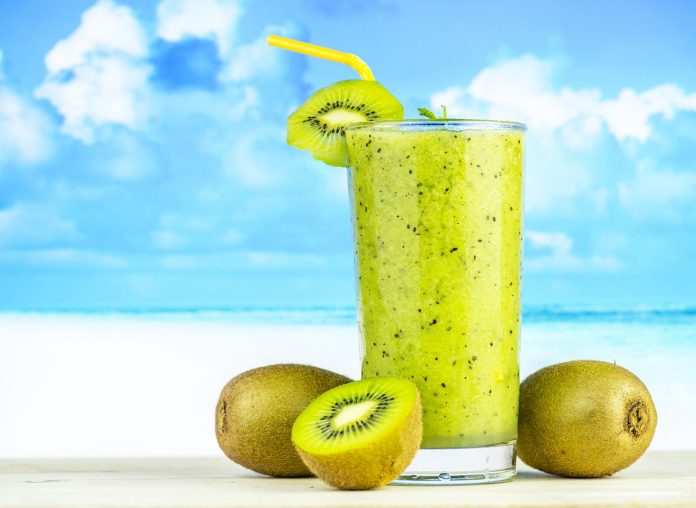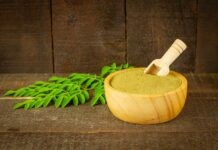
Most people can never make the time to eat the recommended daily amount of fruits and vegetables. Beverages like V8 have become popular because these same people desire to improve their diet in order to avoid common diseases. V8 allows people an easy way to supplement their diet with fruits and vegetables. But why spend money on a high sodium and preservative-filled product when the other option is to juice fresh, local produce in your home? The difference is clearly evident in the taste and quality difference between the home-made juice and the store-bought alternative.
There are countless benefits from comsuming fresh fruit and vegetable juice. They are filled with essential vitamins and minerals that humans need to fight, cure or reduce many common disorders. One example is that the juice from cabbages helps to treat peptic ulcers. Another example is the pigment in cherries (also known as keracyanin) eases the symptoms of gout and assists in finger and toe movement. There are a number of other examples such as citrus fruits curative effects on many common ailments like the common cold or flu.
Many people also report that cranberry juice is a definitive player in preventing kidney stones and urinary tract infections (UTIs). Grape juice is another example, since it contains trans-reservatrol which reduces the potential risk for atherosclerosis. Three glasses of grape juice per day can have the same heart attack reducing effects as an aspirin. Grapes also contain antioxidants (called proanthocyanidins) which are more potent than vitamin C or E. Antioxidants are important because they neutralize oxidizing free radicals throughout the body before they can wreak their havoc on your body. This has a role in reversing the effects of aging as well as preventing tumors from forming. The beauty of all of these benefits is that you receive them when juicing whether you know it or not!
Let’s talk about store-bought bottled juices. When you compare fresh, home-made juice to store-bought juice you have to consider the production and preservation processes. To make store-bought juice, a factory with equipment was involved. Since you did not see the equipment, you could not verify the cleanliness of the workstations. This is not to say that the equipment does not meet the FDA standard for food production processes, however, the cleanliness level remains unknown to you. Another big drawback of store-bought juice is that it has to be pasteurized. Pasteurization is a process that involves the heating of liquids to kill bacteria so that it can remain on store shelves for a longer time. Heating this juice may kill harmful bacteria, but more often than not, it also destroys the helpful bacteria that your stomach needs as well as breaking down vital nutrients so they cannot be used by your body. A third major benefit is ingredient choice. You can decide what flavor of juice you’d like to have and what amount. This type of independence is very valuable. These three benefits show that the cost difference is not the only factor to consider when your health is at stake; juicing at home makes more sense for you and contributes to a healthy, happy body.
Juicing is fast, easy and improves your overall well-being. It is easy to make a quick beverage in the morning, or to take a container of juice to work to have with your lunch. Juicing does not have to be a major production and adding just one glass of juice to your routine each and every day will boost your attitude and vitality in ways you won’t even expect.










